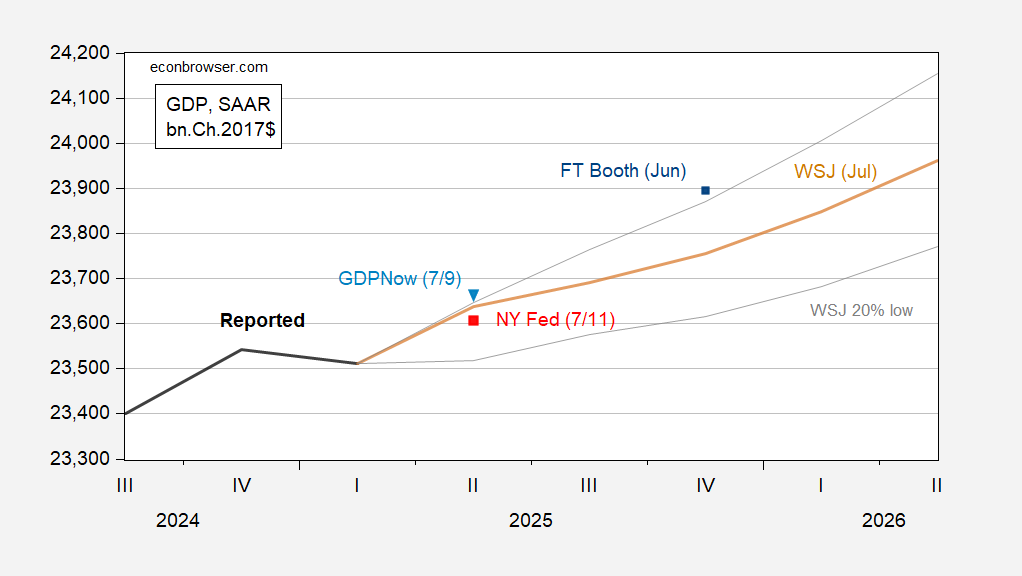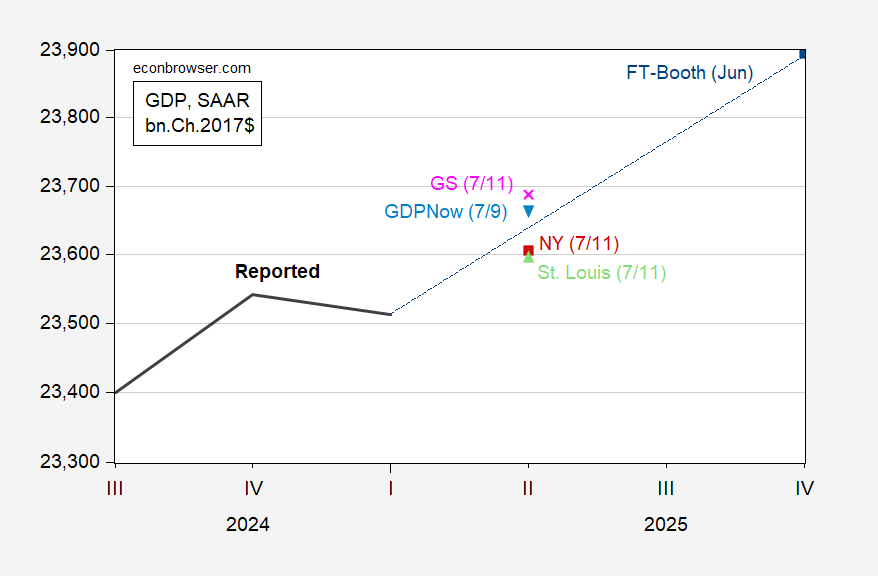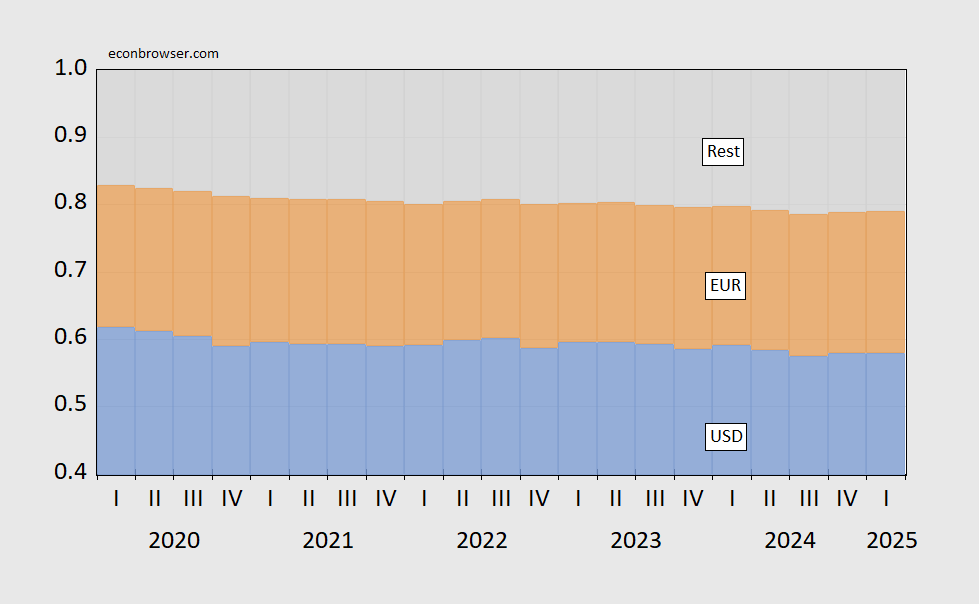
2021. Making Immigration Great Again
Paul Krugman discusses the political implications of immigration policies under Trump, highlighting public disapproval of his approach and the reality of immigrant crime rates.
your daily dose of economic commentary

Paul Krugman discusses the political implications of immigration policies under Trump, highlighting public disapproval of his approach and the reality of immigrant crime rates.

Bill McBride discusses the recent trends in single-family housing inventory, noting a week-over-week decline and comparisons to previous years.

The post discusses the impact of industrial policy on developing countries' economic growth, highlighting challenges and opportunities in the post-pandemic landscape.

An argument that tariffs proposed by Trump will persist and negatively impact U.S. consumers, according to economist Paul Krugman.
The discussion centers on Trump's upcoming NATO meeting regarding the Russia-Ukraine war and his announcement of 30% tariffs on the EU and Mexico.

Joel Rose discusses a trial in Florida regarding a lawsuit against Tesla related to its driver-assistance technology and safety concerns following a fatal crash.

Darian Woods discusses the origins of Hollywood and its historical connection to Fort Lee, New Jersey.

Menzie Chinn discusses the WSJ July survey's GDP growth forecasts for 2025, highlighting varying predictions and the impact of economic policies.

David Henderson discusses his recent reading, focusing on economic thought and the influence of prominent economists, along with insights on AI's impact on productivity.

An argument that AI development requires ongoing guidance and management, similar to parenting, rather than simplistic fixes or one-time solutions to ensure responsible behavior and learning.

Scott Horsley discusses the difficulties recent college graduates face in securing jobs despite a low overall unemployment rate.

Menzie Chinn analyzes various GDP nowcasts, emphasizing the Atlanta Fed's predictions amid distortions from tariff front-loading and comparing them to other forecasts.

An argument that Trump's tariffs on Brazil and the EU lack justification and reflect ignorance rather than a coherent strategy, ultimately harming US consumers.

The author reflects on a recent workshop, personal experiences in Seville, and plans for a trip to Madrid, highlighting cultural moments and emotional connections.
Alex Tabarrok discusses the rise of measles cases in the U.S. and highlights the role of low vaccination rates in Canada and Mexico as contributing factors.

A discussion on the dynamics between Elon Musk and Donald Trump, highlighting their egos, failures in governance, and misconceptions about government efficiency.

An argument that President Trump is imposing 30% tariffs on the EU and Mexico starting August 1, impacting international trade relations.

Bill McBride discusses key economic reports and data releases scheduled for the week of July 13, 2025, focusing on CPI, retail sales, and housing starts.

An argument that gold's significance in global reserves has increased, while the dollar's share has slightly decreased, based on IMF data and projections for 2025Q1.
The discussion centers on the US dollar's reserve currency status, challenges of sovereign debt, and the overlooked social costs of debt default.